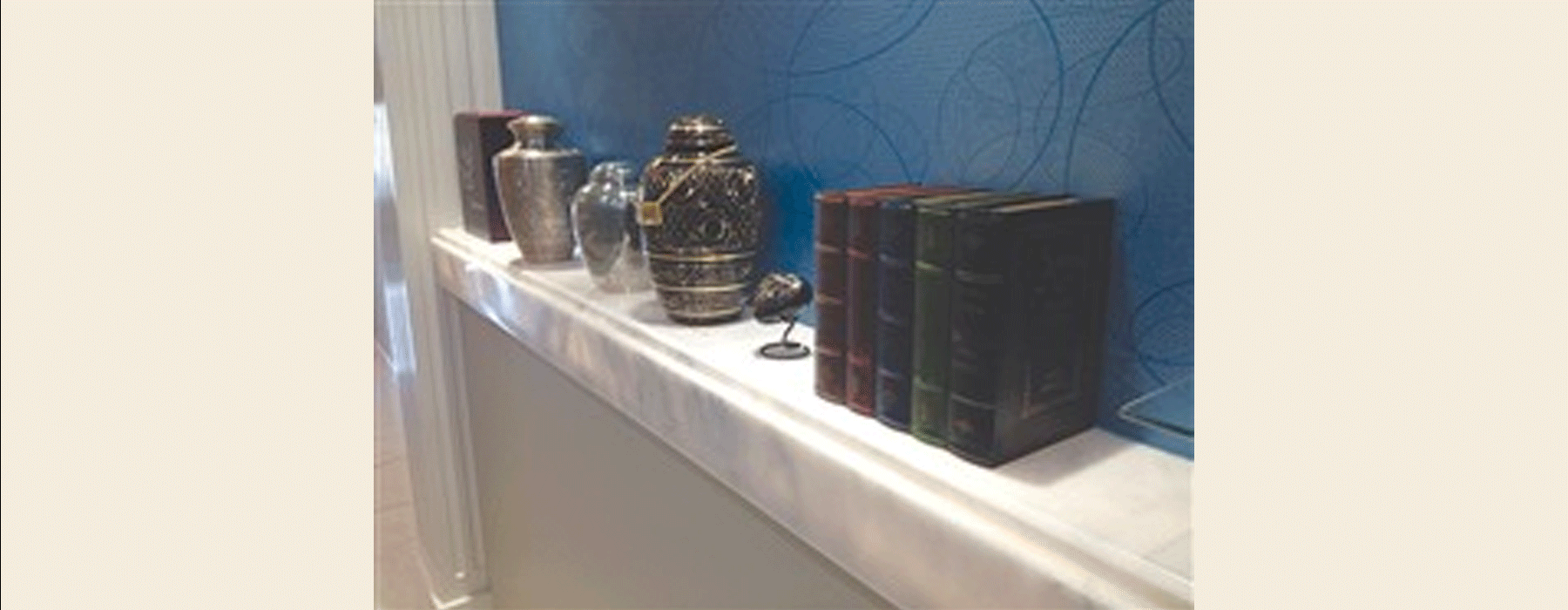A Different Body of Work

08.29.17
The Daily News
A Different Body of Work Emerges for the Hereafter
With the cost of traditional casket funerals rising to an average of $9,000 or more, many people are choosing less expensive options like cremation and donating their bodies to science. Numerous “green” options for cremated remains such as biodegradable urns or even using ashes for tree planting, use in rebuilding coral reefs, for stones for jewelry or for tattoos and portraits are gaining popularity.
The Genesis Legacy program is the whole-body donor program at Medical Education & Research Institute (MERI) in Memphis, and the cost to families is free. The program started more than 20 years ago and has grown from just 10 to 15 donors in the late 1990s to approximately 700 to 800 donors this year.
“In 1999, cremation was almost a taboo word in the South,” said Brenda Daugherty, Genesis Legacy program simulation training manager at MERI. “Southerners are very traditional in their funerals and burial customs, but the increasing cost became a huge factor. The rising costs of funerals has been astronomical, and people just don’t want to pay $9,000 to bury someone. They would rather pass that money down to their family or to charities.”
Daugherty credits part of shift to a change in mindset for many pastors and ministers who now see donating remains to science as a way to continue to help others after death.
“In order for surgeons to learn the newest and latest surgical techniques, we depend on our willed body-donor program,” Daugherty said. “What makes our program a little different from university programs is that our donors are not embalmed.”
Paramedics and EMT workers also benefit from training on cadavers. MERI keeps the bodies by freezing them, and they are thawed out in preparation for instructional courses.
“This gives the surgeons and other health care workers a more realistic feel of what that tissue really feels like, as if they were performing a surgery in a functioning operating room,” she said.
Once a person is accepted into the program after an initial screening at the time of death, MERI makes all of the arrangements to have the donor picked up and brought to its facility in the medical district. MERI accept donors from Tennessee and 18 states surrounding it. Bodies are generally used for teaching purposes for six to 12 months and then are cremated, with the ashes returned to their families upon request. Families also receive a detailed report of what types of research the donor participated in.
Jeff Litteken of Austin, Texas, made the decision to donate his father’s (John Litteken) body to MERI after he passed away in May.
“It really took a huge load off my mind and my heart when I found out about their program to know that he was still going to be out there helping people,” Litteken said. “It was very easy. They took care of everything, and it didn’t cost me or my family anything at all.”
His father’s eyes are actually being used in two different people to help them see for the first time in their lives.
“It’s nice to know he’s still out there looking around, just in someone else’s body,” Litteken said. “My dad was the type of person who would always help out anyone that he could, and if he can help somebody learn how to help others, then it is something he definitely would’ve wanted to be a part of.”
Jeff Litteken plans to donate his body to MERI as well, and many members of his family are also considering it.
On the last Sunday of every September, MERI holds a Donor Day Appreciation Celebration, and families whose loved ones participated in the program over the past year are invited. There is also a military component to the celebration for the veterans who participated in the program.
At Memorial Park Funeral Home on Poplar Avenue and Serenity Funeral Home and Cremation Society on Sycamore View Road, many people are choosing cremation as a less expensive option than a traditional casket funeral, but “green options” have yet to gain as much traction.
“We do 1,200 funerals per year, and more people are starting to do cremation than a traditional (casket) burial,” said Memorial Park Funeral director Brad Farmer, who says they do not get many requests at this point for green options. “That’s just because of where we live. Overall, it’s pretty conservative here, and green burials still have not become that popular due to Southern traditions.”
Statistics show that Tennessee is behind the national average for cremation, with just 38 percent choosing that option, but in Memphis and Shelby County that number is over 50 percent, according to Serenity majority owner and president Harold Ford.
“One thing that comes up for people who are having a loved one cremated is that they don’t always know what to do with the ashes afterwards,” said Esperanza “Espy” King, administrator at Serenity. “They might put them in the closet or put them on a mantle in their home. So we offer an alternative for them with a final resting place for their loved one’s remains.”
Serenity has a scatter garden on site as well as outdoor and indoor columbaria, which Ford describes as cutting edge and the wave of the future.
“You don’t see much of it except on the West Coast, but it’s going to spread all over the country over the next four to five years,” he said. “And it’s really interesting with how many options there are now when you cremate.”
King said some clients have used their loved one’s ashes and turned them into stones for jewelry, and they have also used them in portraits.
“It all comes back to wanting to memorialize your loved one,” King said, “and there are multiple ways to do it.”
For those who want scatter ashes elsewhere, there is no law against scattering ashes on land not designated as state or federal land. Each state has its own laws on scattering, and in the case of scattering ashes over water, federal law may take precedence over state law.
“People are so much more eco-conscious than ever before,” Daugherty said. “I hear from callers more and more that they don’t want to be polluters of the Earth.”
She said some people are choosing for their ashes to be turned into coral balls to help rebuild the coral reef, or to be turned into trees to help replant the Earth.
“We also get asked if they can have a fingerprint of their loved one,” Daugherty said, “and they transfer the fingerprint to have lockets made from it.”
By Michael Waddell
